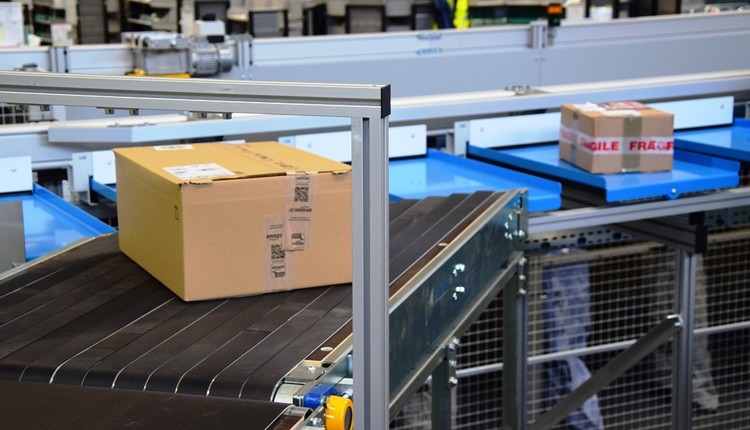The Global Shippers’ Forum (GSF) has today announced that it will oppose any steps by the global shipping industry to impose a bunker levy on shippers as the means of raising money to fund an environmental compensation scheme to meet their climate change responsibilities to reduce carbon emissions.
The International Chamber of Shipping (ICS) last week unveiled plans to develop a bunker levy scheme that it said could collect billions of dollars from the maritime industry. The ICS says it will lobby the IMO to accept such a scheme as a means of heading off regional regulation, including emissions trading schemes.
Commenting on the ICS’s bunker levy plans, GSF Secretary General Chris Welsh said:
“At its inaugural Board meeting in Leipzig Germany on 27th May, the GSF Board said it would welcome and support a voluntary shipping industry initiative to reduce carbon emissions through the IMO, but the shipping industry must take direct responsibility for setting and achieving a clear target for reducing its carbon emissions. Shipowners need to introduce a rigorous scheme targeting operational efficiencies and other measures to reduce shipping carbon emissions.
“Merely passing on shipping carbon costs to their customers via a bunker levy not only removes shipowner accountability but will not reduce carbon emissions.”
“The shipping industry should move quickly in setting up a voluntary carbon reduction scheme and in winning political support for this. The GSF would strongly back such an approach and would join the shipping industry in a campaign to secure the support of governments and member states within IMO.”
Many shippers are taking positive measures to decarbonise their supply chains through Chapter 3 provisions of the Green House Gas Protocol. GSF members are closely collaborating on a new project to decarbonise the maritime supply chain from the shippers’ perspective. The outputs from the project will provide a series of tools to allow shippers to take positive steps to reduce their total maritime supply chain carbon emissions.
The International Chamber of Shipping (ICS) last week unveiled plans to develop a bunker levy scheme that it said could collect billions of dollars from the maritime industry. The ICS says it will lobby the IMO to accept such a scheme as a means of heading off regional regulation, including emissions trading schemes.
Commenting on the ICS’s bunker levy plans, GSF Secretary General Chris Welsh said:
“At its inaugural Board meeting in Leipzig Germany on 27th May, the GSF Board said it would welcome and support a voluntary shipping industry initiative to reduce carbon emissions through the IMO, but the shipping industry must take direct responsibility for setting and achieving a clear target for reducing its carbon emissions. Shipowners need to introduce a rigorous scheme targeting operational efficiencies and other measures to reduce shipping carbon emissions.
“Merely passing on shipping carbon costs to their customers via a bunker levy not only removes shipowner accountability but will not reduce carbon emissions.”
“The shipping industry should move quickly in setting up a voluntary carbon reduction scheme and in winning political support for this. The GSF would strongly back such an approach and would join the shipping industry in a campaign to secure the support of governments and member states within IMO.”
Many shippers are taking positive measures to decarbonise their supply chains through Chapter 3 provisions of the Green House Gas Protocol. GSF members are closely collaborating on a new project to decarbonise the maritime supply chain from the shippers’ perspective. The outputs from the project will provide a series of tools to allow shippers to take positive steps to reduce their total maritime supply chain carbon emissions.



